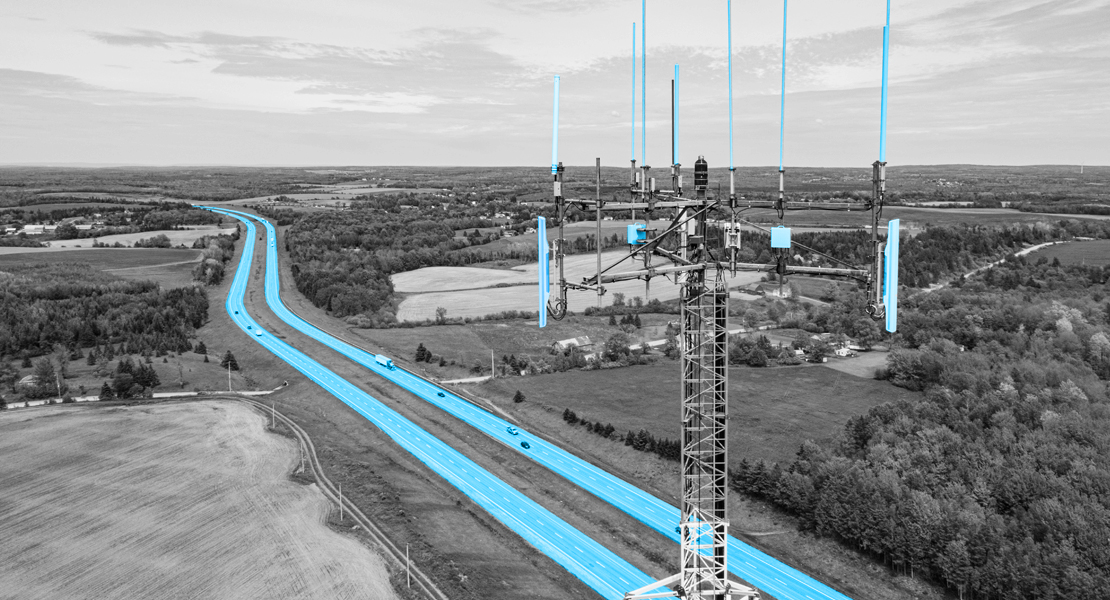Detecon conducted a metastudy providing a systematic review of three analyses on 5G deployment for connected, automated mobility in cross-border scenarios (5G-Mobix, 5G CroCo and 5G-Carmen). All three are ICT-18 projects and aim at qualifying 5G as a core connectivity infrastructure to address vehicle-to-everything (V2X) for advanced and automated mobility services.
Each of the three projects have produced deployment studies which were conducted almost entirely independently, differing significantly in the methodology, input, sources, geographic scope, underlying assumptions, and corresponding results (although not directly comparable due to entirely different scenarios).
Thus, the overall objective of the metastudy is to review and compare the three underlying studies and to consolidate, align and identify methodological and analytical gaps while reflecting the diversity of the three different approaches. The aim is to provide a consolidated view on 5G deployment and related investment, especially considering the European funding program CEF2-Digital.
The final report provides underlying key aspects such as the importance of reliable traffic estimation for both the actual CAM vehicle road traffic and the resulting CAM services data traffic or the importance of regulatory obligations, tied to spectrum allocation. In the identified ‘gaps’ our team also emphasized the uncertainty in determining requirements for safety critical CAM services as well as the role of mobile edge computing.
They also identified key cost drivers, the forecasted CAM-incurred network demand and the geographical location/topography of the studied corridor. Furthermore, by comparing scenarios with similar conditions of deployment on comparable road segments they concluded normalized deployment costs per 100 km. In the final step, they proposed an indicative framework to use for future studies trying to assess 5G for CAM deployment costs.
We thank Timothé Scheich for his valuable contribution to the study!









